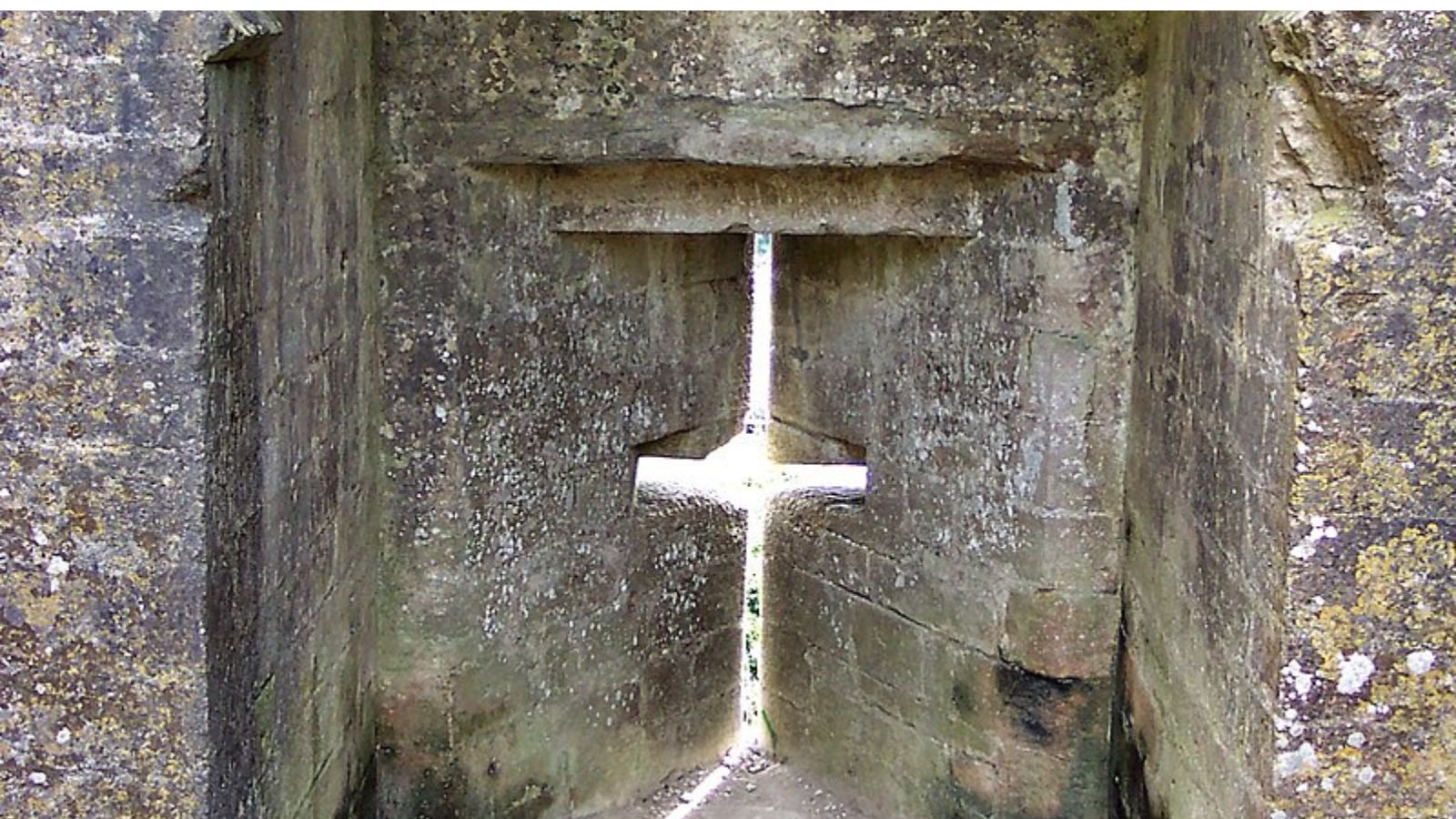A loophole refers to a flaw or oversight in rules or systems that provides an unintended advantage to those who spot and exploit it. The term originates from the French word loupe, meaning “a narrow opening in a wall.”
Originally, a loophole described the narrow slits in castle walls, designed with strategic purpose. These slits were wider on the inside but appeared as vertical openings from the outside. This clever architectural feature allowed archers to shoot arrows while remaining well-protected from enemy attacks.
The concept of this protective gap evolved metaphorically to describe gaps or weaknesses in laws, contracts, or systems that can be exploited. Today, the term retains its essence of providing an advantage, whether on the battlefield or in modern legal or regulatory contexts.



